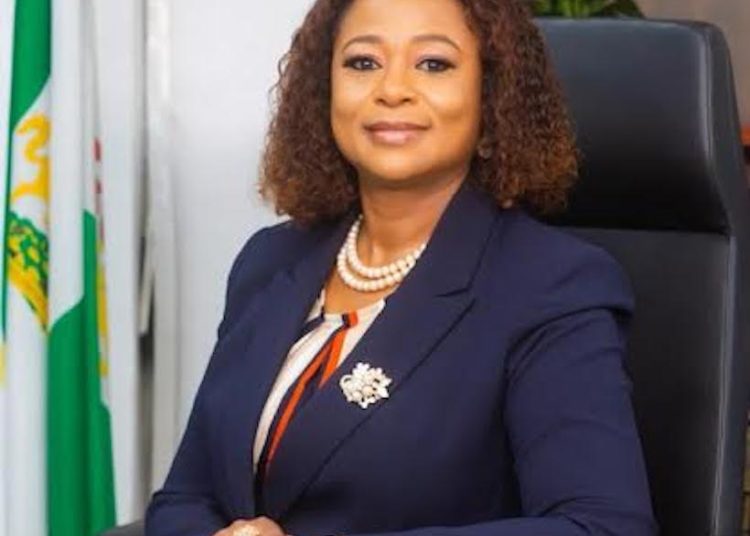Organisations and government agencies at all levels require a vision and strategy driven by digital technology to excel. The managing director/CEO, FITC, Chizor Malize, while speaking at the 2022, Nigerian Risk Leadership Summit & Awards themed: Tech’ in Risk Governance & Leadership hosted by Conrad Clark in Victoria Island, Lagos, last week, noted that, embedding digital technology ecosystems in the process of visioning and strategy development strengthens policies and frameworks for public sector accountability, boosts transparency and enhances positive social change.
Malize, who was also the Summit chairman, Nigerian Risk Awards (NRA), in her address titled: ‘Public Accountability, Transparency and Big Data: Leveraging Information
Technology to Drive Transformation, Boost Transparency and Enhance Positive Social Change,’ enjoined organisations and government agencies to embrace technology , as it is one of the most critical tools for leaders to explore for nation building, capacity development, acceleration of economic growth, and risk management capabilities in Nigeria, and across Africa.
She explained that, while digital technology has been experiencing exponential growth, especially, in the 21st Century, there’s still a wide gap in its assimilation between developed and developing nations with less than 25 per cent of Sub-Saharan Africa having access to digital services.
According to her, this portends an opportunity for organizations and government agencies to adopt technology as an enabler for effective leadership & governance, and as a driver for public sector accountability to boost transparency and enhance positive social change.
“Research has shown that in fostering a technological framework towards the effective governance as well as the attainment of national and sustainable development goals in any nation, the first effective strategy would be the critical assessment or overhauling of the technology infrastructure, to ensure an alignment of policies with Science, Technology, and Innovation (STI) goals,” she said.
Malize stated that, “with consistency and time, digital technology in governance becomes the most effective instrument to safeguard against various economic and other challenges, as technologic ecosystems are still expected to not just help organizations and government in their agendas, but also propel the attainment of their vision and strategic goals.”
Speaking further on leveraging technology to accomplish government goals, Malize highlighted that, in order to achieve and enhance the nation’s technological capacities for innovation in leadership and governance, implementing practicable research, data analysis, and feasible technical experiments from learning institutions such as FITC to tackle arising or antecedent obstacles is key and that adequately developing the right policies favoring the technological ecosystems is also beneficial in the long run.
On Nigeria and e-Governance, Malize opined that while government is currently using information and communications technologies to enhance the range and quality of information and services provided to citizens, businesses, civil society organizations, and other government agencies in an efficient, cost-effective and convenient manner, government processes are also becoming more transparent and accountable, and this is strengthening our democracy. This move towards e-Governance is basically a move towards SMART governance implying: simple, moral, accountable, responsive and transparent governance” she noted.
In his welcome address, Joachim Adenusi, managing partner and chief executive officer, Conrad Clark Nigeria Limited and Convener of the Nigerian Risk Awards, noted that, governance has been discussed and overrated over the last couple of years.
“Both the private and public sector organisations and stakeholders have been talking about the importance of good governance in nation building. For me, good governance is about ownership, accountability, transparency and integrity. I have observed that people who are not willing to be accountable cannot be responsible, and those who are willing to assume responsibility must be ready to give account.
“When the sense of responsibility and accountability is combined, it creates a sense of transparency and forces a level of integrity to be displayed,” he stated.
The Nigerian Risk Awards and Leadership Summit (NRA), now in its 6th edition, was set up to recognise and reward organisations and individuals who have achieved measurable results through good governance, internal controls, and risk management systems. Particularly, the NRA is aimed at celebrating those who have developed creative and innovative solutions to overcome the challenges facing their businesses and organizations.





